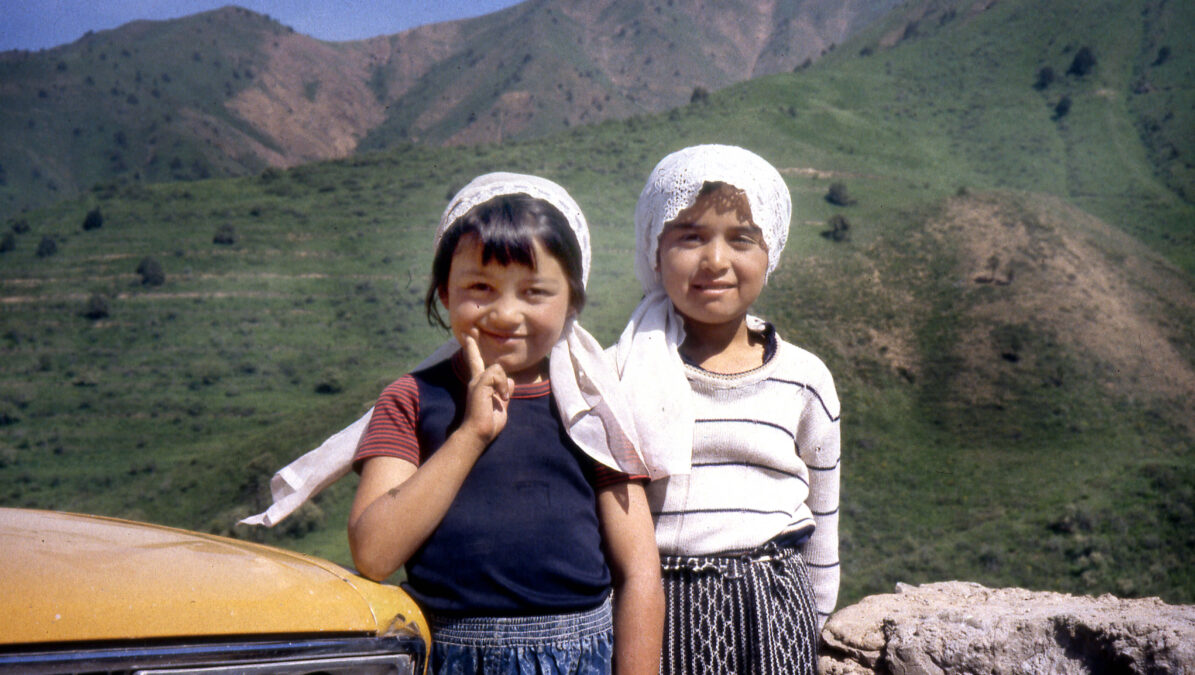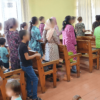Recently, I was with Central Asian Christians. All could tell of very restrictive religious laws and authorities that made it almost impossible for many churches to exist legally. Yet they continue to win people for Jesus, preaching and teaching, running summer camps especially for the children in the churches, and reaching out to their poor and socially disadvantaged neighbors with help to overcome addiction to alcohol or drugs. Children in need and vulnerable youth are also helped through these churches, slowly gaining trust in areas where people are generally distrustful if not downright hostile to Christians.
It was surprising to see the confidence and optimism of these Central Asian Christians in the midst of all the difficulties. Despite the restrictions, they try their best to engage with the authorities to show that they are not there as a fifth column for Western political power, that they love their own country and want the best for their country and their people. In many cases they succeed - sometimes despite the authorities' own intentions. In one of the countries with the most problems, the authorities suddenly showed up at a Christian summer camp with a large police presence and told them they had to stop and send all the children home. They questioned all the children, some as young as six years old, and called the children's parents to tell them to pick up their children at a specific train station because the children would be sent home by train. The authorities were determined to send the children home, but they also had to make sure there was room for them on the train, and they hadn't planned that well. When they arrived at the departure station, it turned out that there were only two seats available on the train and they couldn't send the children on the long train journey. So they had to let the camp continue! Need I say that the children, their parents and the church leaders were overjoyed?
That it's not always easy, however, is shown by cases of priests and others imprisoned for their faith, usually on trumped-up charges and false evidence - and sometimes despite the alleged victims' assurances that they have suffered no harm.
In Tajikistan, it is forbidden to bring children and young people under the age of 18 to worship, but this law is in clear contradiction to the international human rights conventions signed by the country's leaders, and churches, whether registered or unregistered, continue to educate their children and young people in the Christian faith.
Sometimes Christians are pushed out of their jobs because of their faith, but in many places, unemployed believers are helped to help themselves so they can find other work, perhaps as self-employed.
In any case, Central Asian Christians need our constant prayers, especially that what they are gaining in these years will not be lost.






